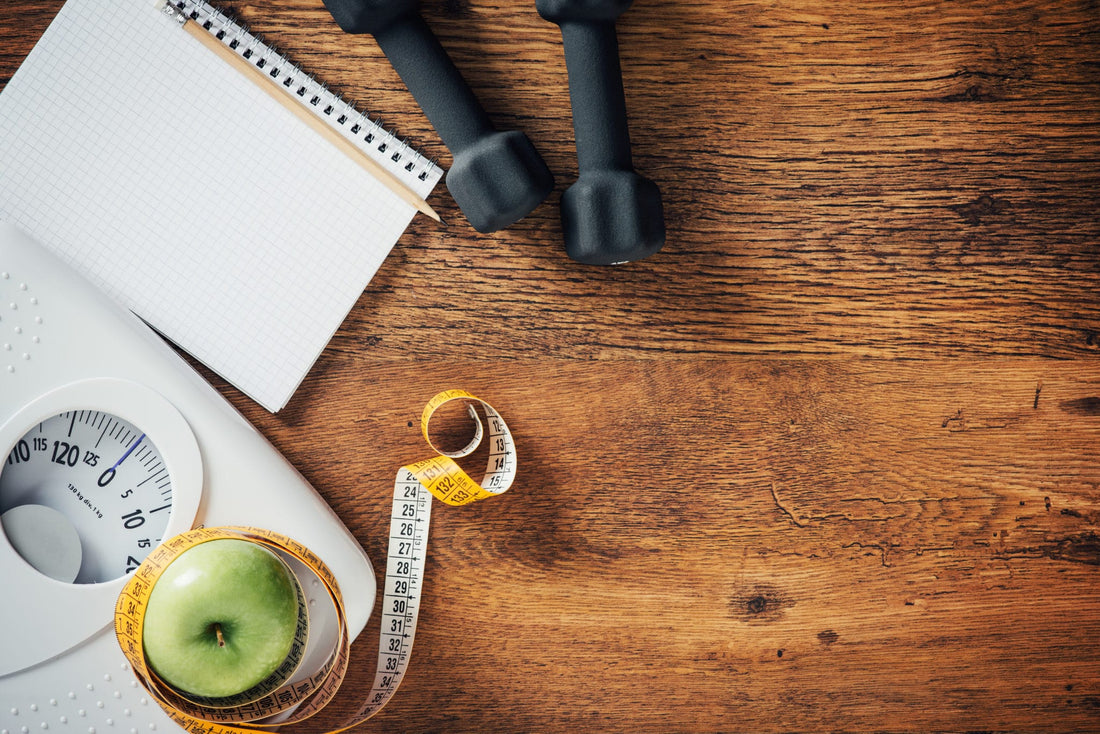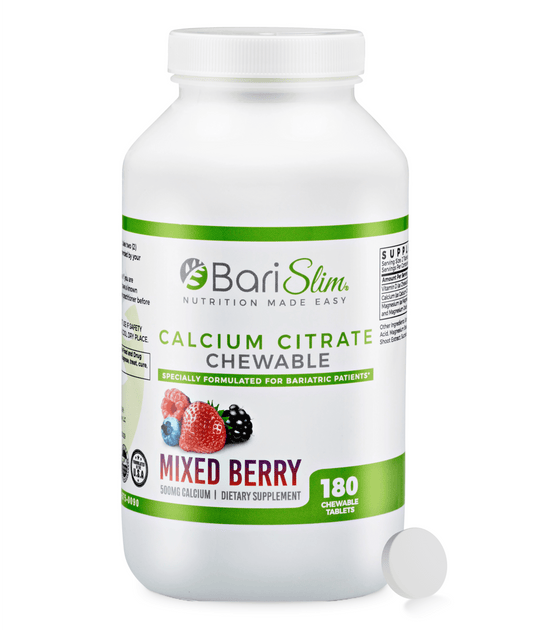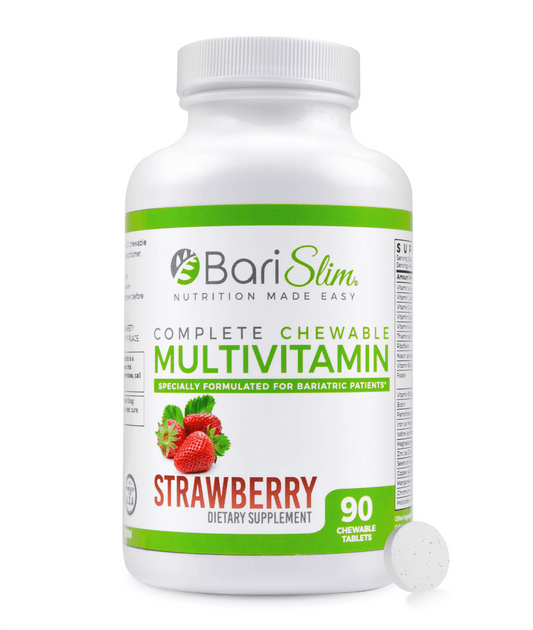Introduction
Bariatric surgery is a life-saving option for those struggling with the overwhelming problem of obesity, but it isn’t a magical, wave-of-the-wand and you-’re-cured solution. That doesn’t exist. Instead, the procedure will require that you re-learn eating. Your habits of consumption, as well as what you consume, will need to change. Bariatric eating is an entire lifestyle change, and failing to embrace it could mean that your bariatric procedure could fail as well, minimizing the weight loss experienced.
Most surgeons require that you consult with a nutritionist and even take classes before the surgery just to ensure that you’re ready and willing to follow the required eating plan. If you limit your consumption to bariatric meals, you’ll lose weight healthily and avoid regaining pounds, as well as the unpleasant side effects that can occur following bariatric procedures.
A bariatric eating plan is a progressive plan. You’ll start with a bariatric liquid diet, slowly adding solids. Generally, by three months post-surgery, you’ll be able to return to solid, regular foods.
The following tips are generally considered to be the best bariatric solutions for post-surgical eating:
- Incorporate 64 oz. of fluid every day
- Limit fluids outside of meal periods
- Consume all food and drink slowly so that “dumping” doesn’t occur, a common problem for bariatric patients when food and drink goes into the small intestine too quickly and results in nausea, vomiting, diarrhea, perspiration, and dizzy spells
- Limit caffeine, fat, and sugar and eliminate alcohol
- Focus on consuming lean protein as your bariatric food source
- Chew slowly and thoroughly
- Take the best bariatric vitamins on the market regularly
Step One: Liquids
Immediately after bariatric surgery, your intake will be limited to clear liquids. After a few days, you’ll be ready to move on to other liquids, including beef or chicken broth, decaf coffee or tea, sugar-free juice, and skim or 1 percent milk.
Step Two: Puree
Once you have become comfortable with consuming liquids for at least a week, you can move on to pureed foods. These thick liquids should include no solid chunks.
At this point, you’ll be eating between three and six times per day, limiting the amount to 4-6 tablespoons each time. Bariatric protein shakes and foods that blend easily are excellent options during this period.
Step Three: Soft Foods
Incorporating soft foods into your diet will follow after three or four weeks of a pureed foot diet. You should continue to avoid difficult to chew foods and shouldn’t begin this stage until you have your doctor’s approval.
At this point, you should eat 3-5 times per day and graduate to half a cup of food with each meal.
Great examples of soft foods include lean ground meat, cottage cheese, skinless cooked vegetables, rice, eggs, and cereal.
The soft food stage of your bariatric meal plan will last about two months.
Step Four: Regular Food
Your transition from soft foods to regular foods will be gradual. You’ll begin with three meals per day, and each of those meals will be around one and a half cups.
During this stage, you should never allow yourself to continue eating to the point of fullness, and you should add new foods to your diet singularly so that you can identify any foods that cause problems.
Bread, raw and fibrous vegetables, red meat, fried and spicy foods, nuts, and bread can all cause unpleasant side effects at this time. These potentially troublesome foods should be returned to your diet slowly and with your dietician’s approval.
Embracing a New Lifestyle
Bariatric surgery changes your body physically, reducing the amount of food that you can eat. In order to maintain nutrition while still losing weight, you’ll need to follow your doctor’s recommendations regarding consumption and vitamins.
During your post-bariatric surgery transformation, you’ll need to embrace mindful eating. Slow eating and small meals will help you avoid experiencing dumping syndrome.
Chewing is critical after having bariatric surgery. Allowing larger pieces of food to enter your digestive system could cause blockages and result in pain, nausea, and vomiting. Focus on taking small bites and chewing to a pureed consistency.
While you should drink at least a gallon of liquid a day, your consumption should be separate from mealtimes. Your food consumption will be so small that you risk becoming malnourished if drinking during meals causes you to feel full too quickly.
Your bariatric recipes should include a high degree of protein and little fat or sugar.
Because of the limits to food consumption and the risk of malnutrition, you’ll need to commit to taking appropriate vitamins and supplements. This will be a lifelong commitment.
Potential Dangers
The most significant problems that might arise from your bariatric surgery occur when you fail to follow through with the required eating plan.
- Dumping Syndrome
When patients eat too much too fast, they’ll experience dumping when the food hits the small intestine. Symptoms include vomiting, nausea, diarrhea, and sweating. In addition to overeating or quick eating, dumping occurs with fatty, sugary, or half-chewed foods.
- Constipation
Insufficient exercise, fiber, and fluids can all result in constipation.
- Blockage of the Stomach Pouch
A potential complication for all bariatric patients is a blockage. If you have consistent nausea, vomiting, or pain for three days, you should call your doctor.
- Dehydration
Some patients become dehydrated after having bariatric surgery because of the restriction on fluid intake around mealtimes. Prevent this complication by making sure to drink at least 64 ounces of fluids daily.
- Weight Loss Failure
After having bariatric surgery, you should lose weight. If you don’t lose weight, or if you gain weight, call your doctor.
Following the prescribed eating plan after weight-loss surgery is essential. You deserve to regain your life with substantial weight loss, so commit to your new lifestyle. You can find plenty of bariatric recipes online to keep variety in your diet and to make the transition easier. Each portion of the post-procedure nutrition plan is essential for a successful result with avoided complications. With support, commitment, and knowledge, your weight loss will be successful, and your life will be transformed.
Read More: Recovery Process for Bariatric Surgery: (Steps & Guidelines)



 Order Free Sample
Order Free Sample





